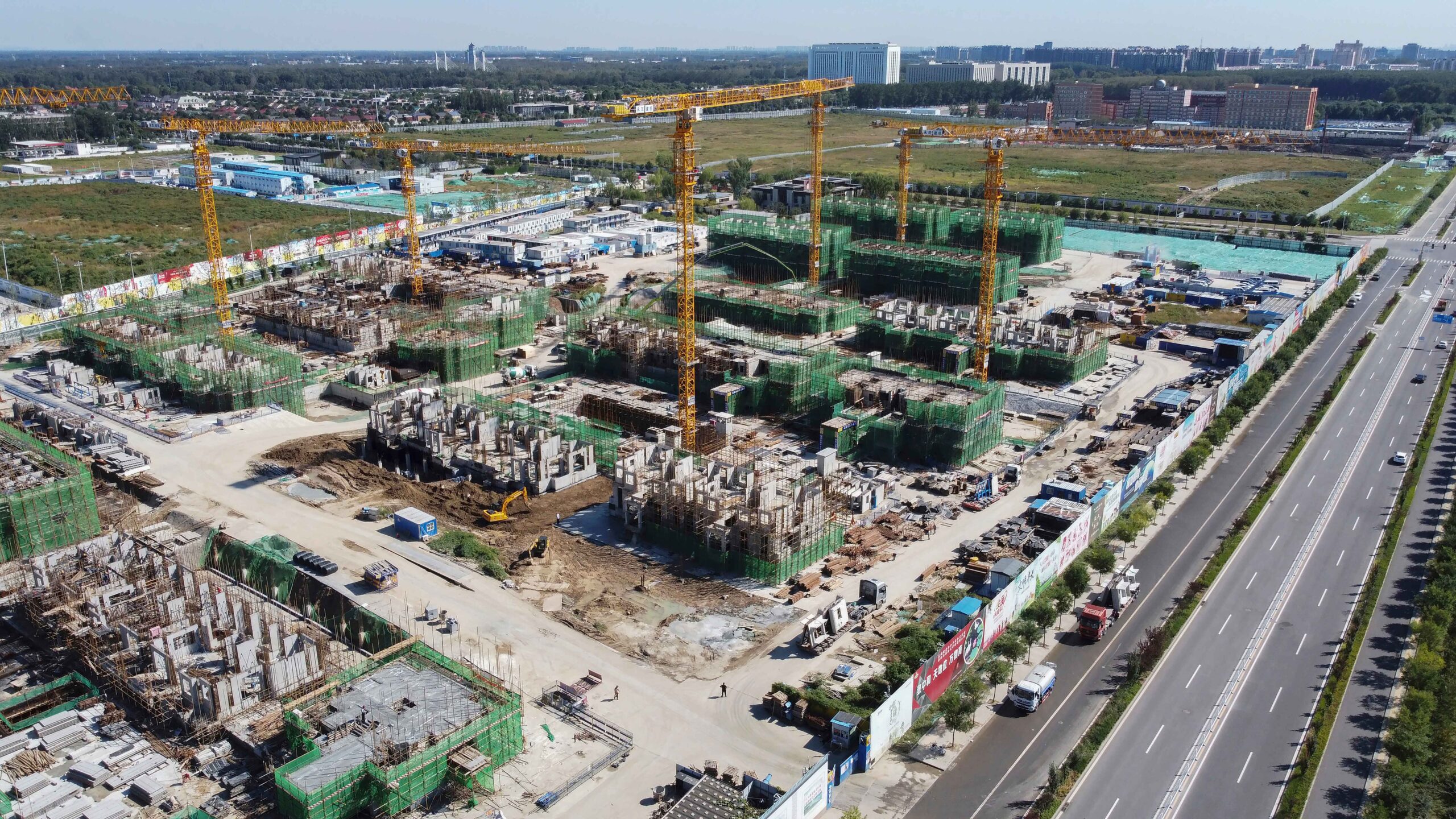Xi Jinping is rejecting the advice of Western experts by refusing to grant his population stimulus checks to spur consumer spending amid economic troubles, arguing that such a move could lead to “welfarism,” according to the Wall Street Journal.
Investors and economists have been encouraging the Chinese government to distribute stimulus checks to its population to ensure sustainable growth amid China’s uncertain economic state, with declining rates of manufacturing, exporting, and youth employment, as well as price deflation in consumer goods and houses. Increasing consumer spending as a way to prevent economic recession is seen as the consensus solution among such so-called experts.

But Xi Jinping, President of the People’s Republic of China (PRC), has personal reservations and “deep-seated philosophical objections” against the practice, which he terms “welfarism,” as he sees it as wasteful spending that will not accomplish his goal of making China technologically and industrially superior. Since at least 2016, Xi has stressed his belief that China should create “a Western-style welfare state” and that China should become even less dependent on other nations than it already is.
Learn the benefits of becoming a Valuetainment Member and subscribe today!
Government officials attribute Xi’s beliefs to his childhood experience of hardships, living in caves and digging ditches, after his family was exiled to the countryside during the Cultural Revolution. His father was a high-ranking member of the Chinese Communist Party (CCP) who, after falling into disfavor with party officials, was stripped of his privileges and sentenced to hard labor as part of the “Down to the Countryside Movement.”
The subject of welfare checks was brought up in a number of discussions between the Chinese government and “multinational institutions”—most likely referring to non-governmental organizations (NGOs) affiliated with Western establishments. When asked Western institutional experts asked why China does not hand out stimulus checks to combat the consumer spending deficit, as the U.S. and European countries did during the COVID-19 pandemic, Chinese officials are reported to have responded that they believe investing in state-owned enterprises spur growth more quickly than consumer spending can.

Public sector enterprises such as CCP-owned companies are seen by the Chinese as better investment alternatives than disbursing checks to consumers, who are “more fickle and less easy to control,” according to the Wall Street Journal. Another option under consideration is credit-loosening after they have cut interest rates in recent weeks.
The reporters quoted a source familiar with the private discussions, who said: “The message from the Chinese is that Western-style social support would only encourage laziness.”
Chinese officials also expressed their fears that accruing more debt right now could be very dangerous for them at a time when tensions are “simmering” between China and the West. These fears only serve to strengthen their resolve that investing in their domestic companies, infrastructure, and industrial production with a more guaranteed return on investment is a better strategy than handing out welfare checks and financing it with internationally-owned debt.


















Add comment